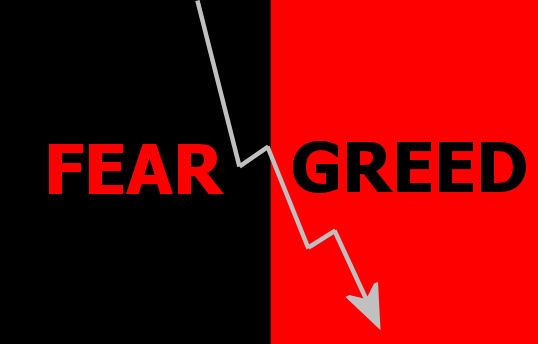The following feature by Rufus Mwanyasi was first published in the Business Daily.
The past six months have been extremely unkind to the equity market. As at the end of last week, the NSE 20 Share index had retreated 11.7 per cent from its opening high in January while the NSE All share index has slid back 6 per cent.
Growth jitters sparked by increasing interest rates and inflation have knocked the stock market well below key support levels. As a result, the market no longer looks as hot as it did heading into 2015 and investors are quickly losing their appetite for stocks.
Highly visible stocks such as Equity Bank, Kenya Airways, Uchumi, Britam and KenGen are having a particularly bad time.
The big question is, since the market is now in a correction mode, which occurs when an index falls by more than 10 per cent from its closing high, are we likely to enter a full blown bear market with losses exceeding 25 per cent?
Can shares tumble to 4,080 points in the next five months?
I believe answers to these questions really depend more on monetary policy than company fundamentals simply because the former has taken centre-stage in the past two months.
Sadly with this sole focus, investors are generally likely to make more emotionally driven decisions which often lead to a “manic mode” type of behaviour.
Take for instance, following the first rate adjustment in June: the market quickly snapped a 3.3 per cent rally despite rebounding from a firm support at 4,800 level (this level had inspired an 11 per cent rally beginning last year in July and road-blocked all sell-offs throughout the same year).
Again, shortly after the second rate adjustment was announced, the market quickly shed 5.8 per cent of its value inside only two months compared to 3.8 per cent loss suffered between January to June.
Note how quick and steep losses suffered after the rate increases happened compared to the preceding six months. I dare believe this goes to prove that what we are witnessing is a panic-driven correction.
On the other hand, if rates and inflation stabilise, then it is possible that investors may rethink their bearish stance as a re-focus toward company fundamentals brings back rational thinking.
Interest rates, while relevant to company and market performance, can generate a lot of noise that is distractive.
Markets are a lot calmer and rational in stable rate environments.
Nonetheless, the reality is that as the Central Bank of Kenya keeps fighting to rein in a fast weakening local currency and with more stocks hitting new lows than new highs (including Safaricom), it is unlikely that the prevailing sense of panic and despondence will go away.
My advice on what to do next is to be very cautious and forget about investing for a quick profit.








